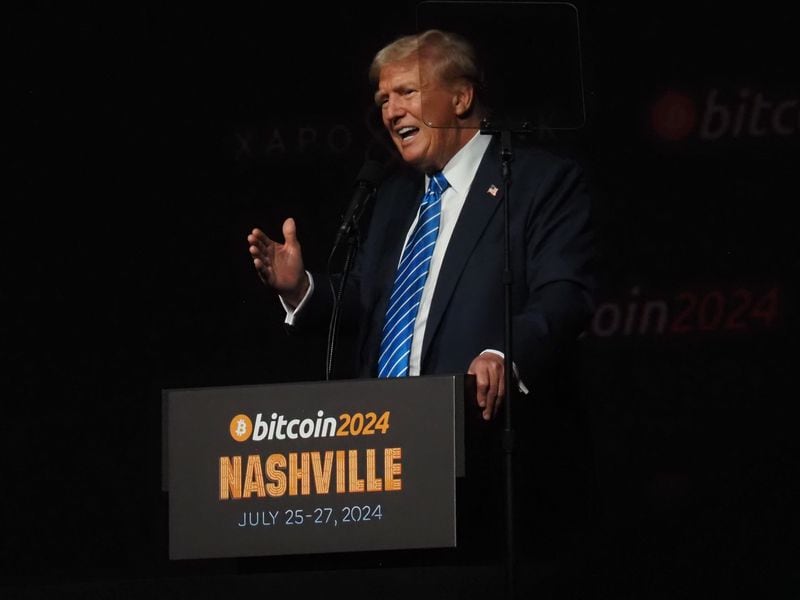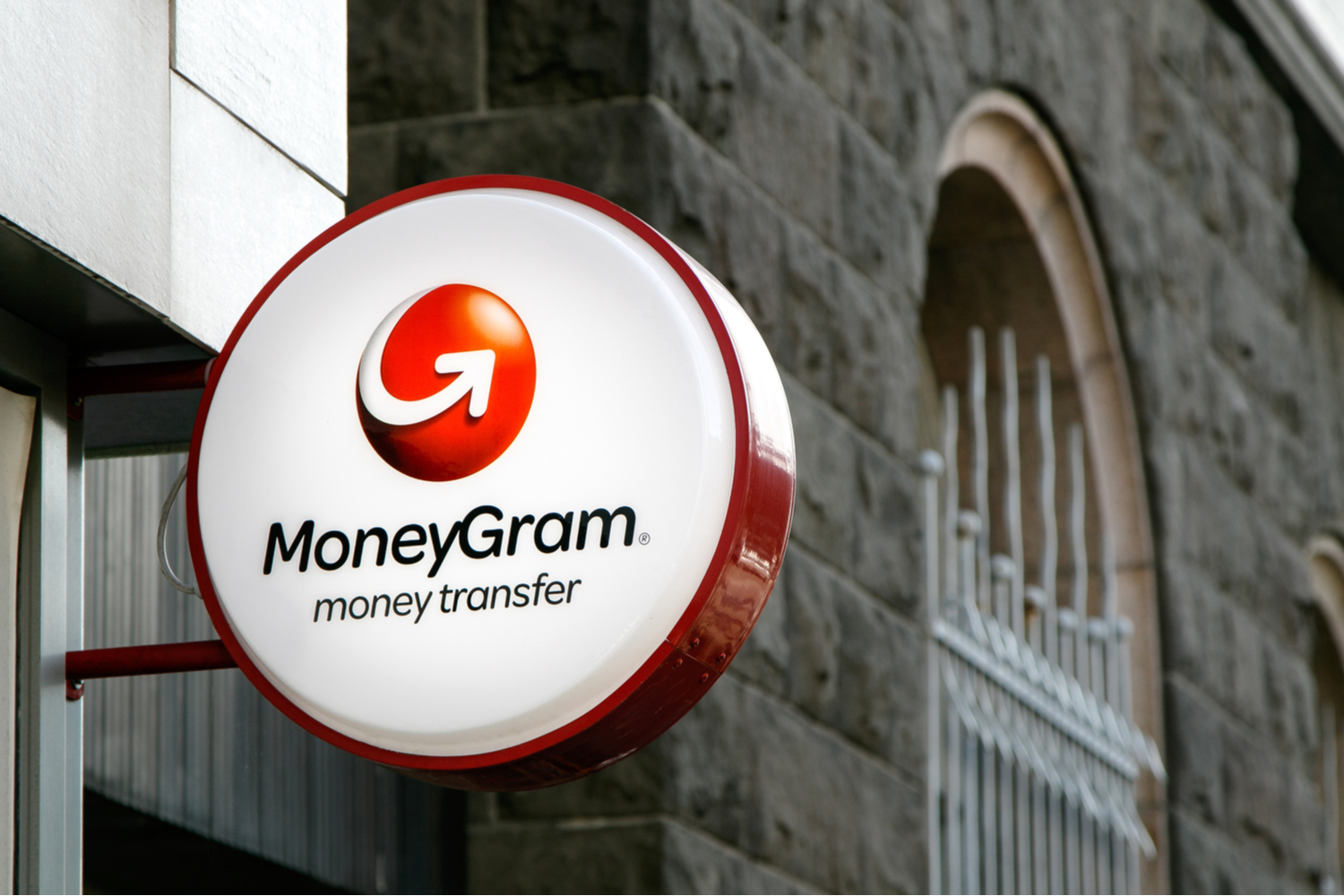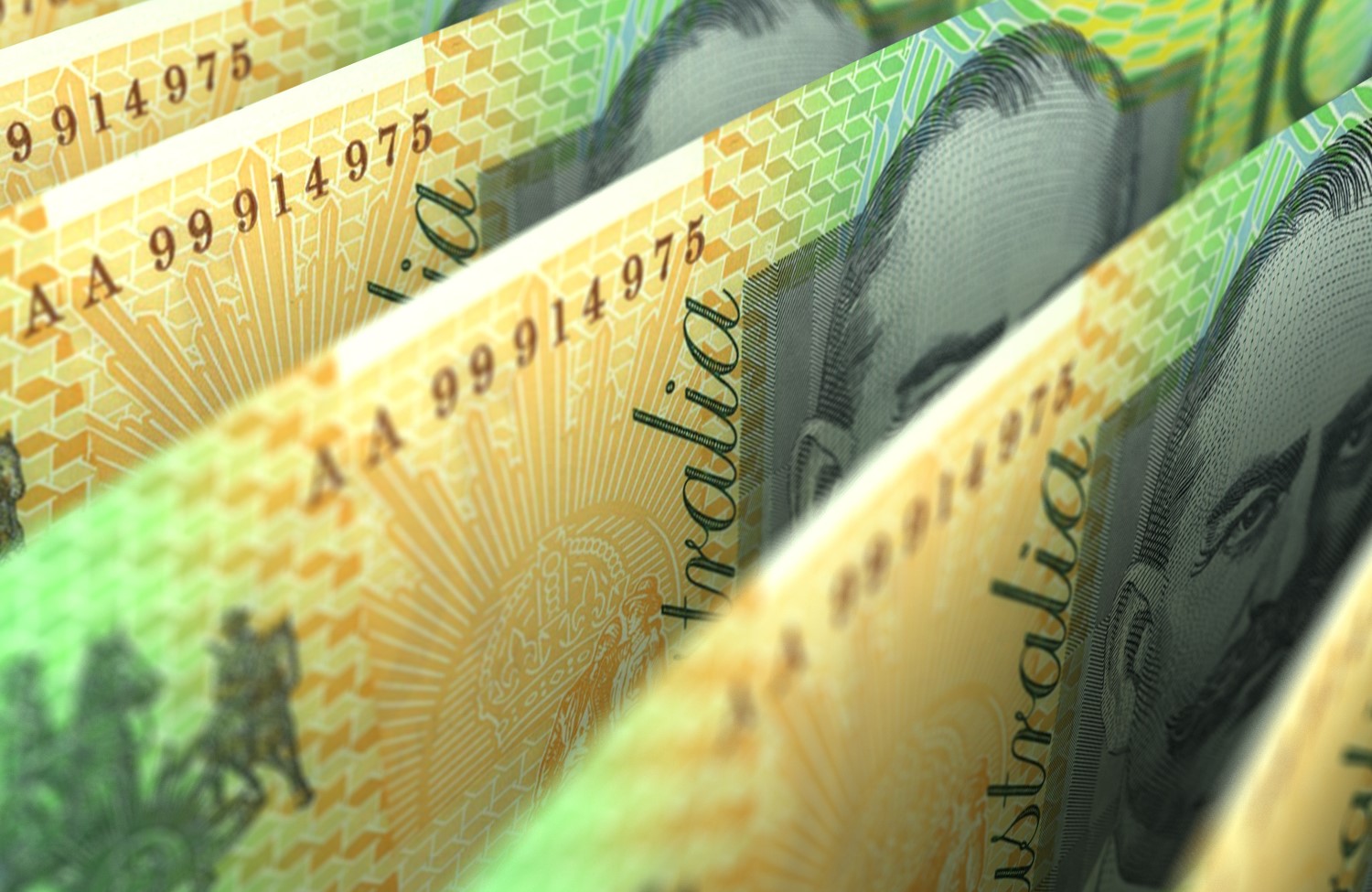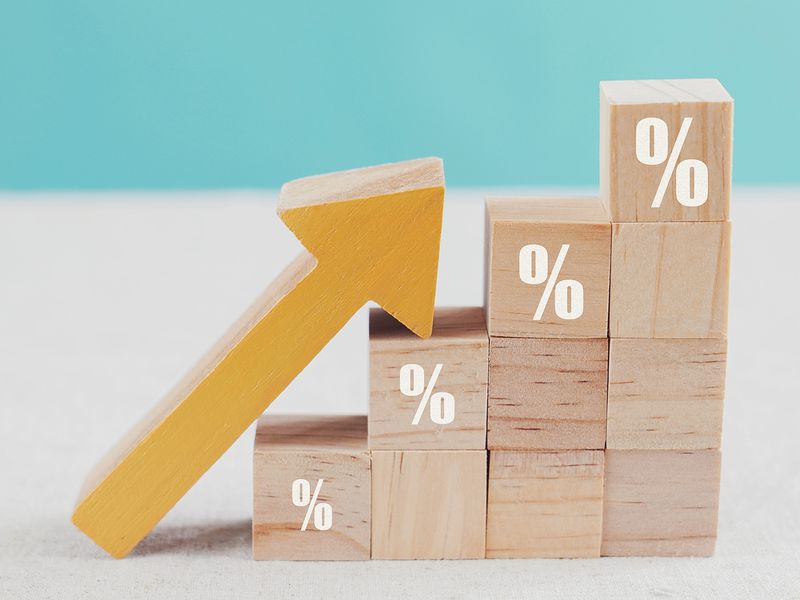South Korean Court Issues Landmark Decision on Crypto Exchange Hacking

A Korean crypto exchange, Coinone, has been ordered to pay compensation for losses resulting from a hack of a customer account.
While seen as precedent-setting, the ruling from the Seoul Southern District Court on Sept. 27 found Coinone only partly responsible and ordered an award far less than the damages the plaintiff had sought.
According to an account of the case published in IT Chosun, the customer – identified only as Mr. A – joined the exchange in April 2017. As of November 2018, his holdings were valued at around 58 million won ($48,300). Most of the that was stolen on Dec. 23, and the customer was left with holdings valued at just 5,982 won.
Trades that led to the theft were conducted via an IP address in the Netherlands. The customer sued for 58 million won in losses, saying that the exchange should have blocked transactions from overseas and that it should have rejected any transfer request of more than 20 million won.
“The exchange has not set minimum safeguards,” the plaintiff argued, according to the newspaper.
Coinone, which according to CoinMarketCap data is the world’s 70th largest exchange by reported volume, countered that it is not required to block foreign IP addresses. In terms of the 20 million won limit, it said that this threshold was only a government policy related to anti-money laundering and not a strict obligation to the customer.
The court agreed with most of what the exchange argued. It did not hold Coinone responsible for the hack itself, and it said that the exchange did not have to police transactions by IP address. It would only have to block an address if it knew beforehand that it was being used for illegal access to an account.
But the court did say that the transfer limits need to be followed, as the 20 million won cap was set not only to prevent money laundering but also to protect customers from exchange failures. The court also determined that it is reasonable for customers to expect the limits to be in place and enforced. The plaintiff was awarded 25 million won.
“It is a mistake for the exchange to fail to meet the daily withdrawal limit,” IT Chosun quoted the court as saying.
While the customer only received partial compensation, the Korean press reports that the award is a first and that the decision suggests that exchanges can now be held responsible for some losses.
Seoul image via Sunyu Kim / Unsplash








